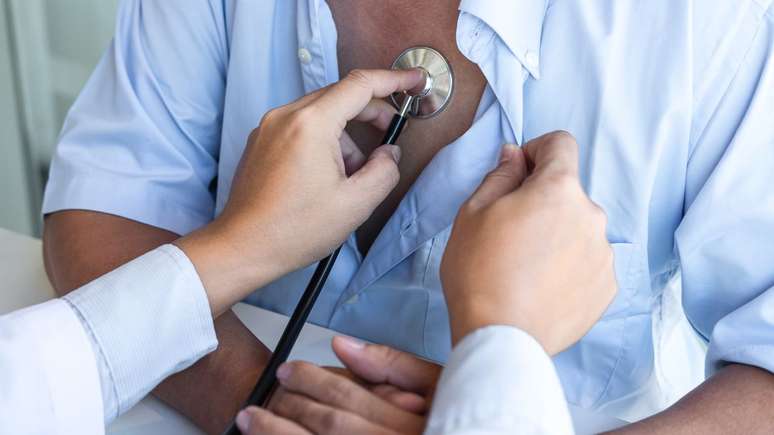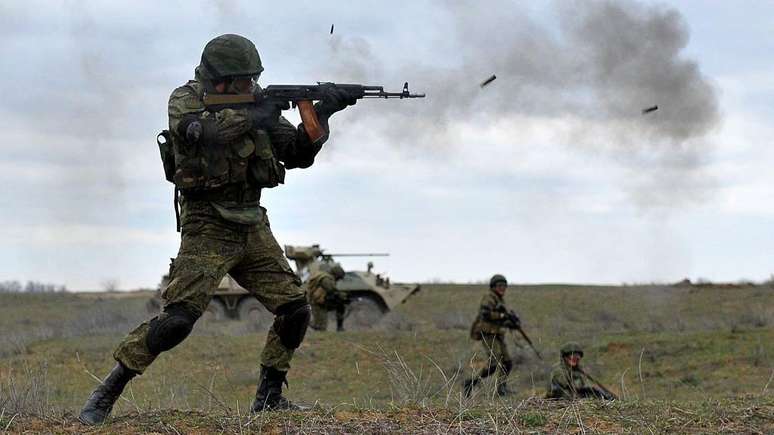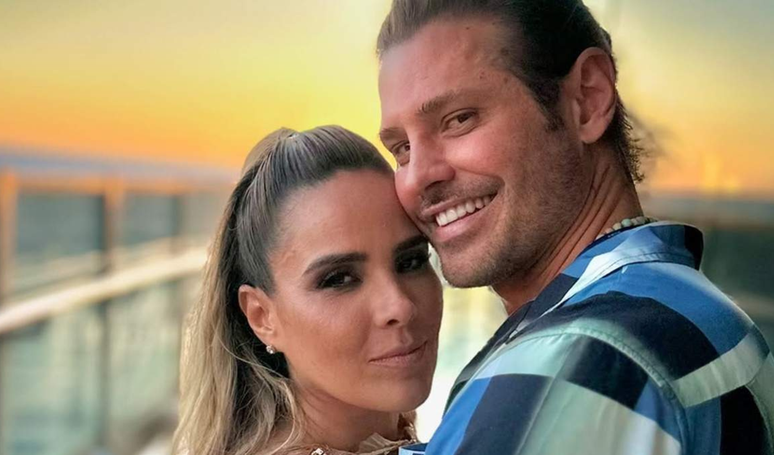Over 20 years, volunteers performed more than 120,000 procedures and approximately 10,000 surgeries in 50 expeditions; Zayed Sustainability Award, from the UAE, has 4,000 nominees
SOROCABA – Brazilian NGO made up of volunteer doctors who bring health care to indigenous isolated within the confines of amazon is among the finalists of the prestigious Zayed Sustainability Award, which had more than 4,000 subscribers in the current edition. Recognized worldwide as one of the leading events to showcase social and sustainable technology, the award was created in 2008 in the United Arab Emirates to perpetuate the legacy of Sheikh Zayed bin Sultan Al Nahyan for his commitment to sustainability from the planet.
THE NGO Health Expeditionaries (EDS) it was chosen from among the institutions of 150 countries that took part in this edition in the categories of health, food, energy, water and high schools. The choice coincides with the 50th Expedition carried out by the NGO, between the months of November and December, in Assunção do Içana, district of São Gabriel da Cachoeira, in the Amazon. The Brazilian initiative competes in the health category with two other finalists: the Helmholtz Center, from Germany, which researches epidemics, and the Ory Laboratory, from Japan, which has developed a robot to reduce the social isolation of people with disabilities.
For the president of EDS, Dr. Ricardo Affonso Ferreira, being a finalist among many candidates for the award is an important recognition of the NGO’s work. “Our competitors are large companies and we are very small. The $600,000 prize (approximately R $ 3 million), which for the other finalists may not be so significant, would help us a lot, including the purchase of medicines for our projects. But if it doesn’t arrive, the fact of having become finalists already fills us with satisfaction”.
The beginning
The NGO was born almost by chance: a group of friends, mostly doctors, organized contemplative expeditions in the wooded regions of the country. In 2002, while visiting Pico da Neblina, in the north of the Amazon, on the border with Venezuela, they passed through the Yanomami village Maturacá and came across a very different reality from the one in which they lived. “The group identified an above-average demand for surgeries and a population without access to health care due to geographic isolation,” says the doctor.
It was there that they decided to do something for the indigenous population, not just in the region, but throughout the Amazon. After contacts with the institutions responsible for Indian health care, the Health Expeditionaries were officially structured in 2003. Since then, the initial hikes have turned into medical care for the indigenous communities of the Amazon. In 20 years, more than 300 volunteers have covered an area of more than 500,000 km², equal to the territory of France, carrying out more than 120,000 procedures and approximately 10,000 surgeries.
By virtue of its statute, EDS does not accept public money and finances its shipments with donations from private individuals, companies and socially responsible institutions. Currently, the NGO has the financial support of the pharmaceutical industry, large companies and international foundations for shipments. The service is completely free and, in addition to surgery, includes the donation of medicines, glasses and orthopedic prostheses.
Ferreira says that, initially, the group traveled at their own expense. “When we made the first expedition, in 2004, there were four of us, including three experienced doctors and a nurse. We brought 100 kilos of equipment there to Cabeça do Cachorro, in the Alto Rio Negro (amazon), in a 15 day expedition, which was a great learning experience. Last month we carried out our 50th expedition with 85 people, including more than 30 doctors, performed hundreds of surgeries and assisted more than 2,400 people. This time there were 25 tons of equipment,” he says.
mobile surgical centre
To initiate shipments, the group has partnered with the Ministries of Health, Defense and Justice, which hosts the Indian National Foundation (Funai). At first, the volunteers used the federal government’s Calha Norte Project hospitals, which were idle. “We soon began to wonder if, instead of bringing equipment to these bases, it wouldn’t have been better to have a mobile surgical center that could be used according to the specifics of the region,” says the doctor.
Thus the Mobile Surgical Center was born, with the structure of a field hospital, with rooms for general surgery, ophthalmic surgery, small procedures, a waiting room for patients and a material and sterilization centre. “It’s a pioneering social technology, developed by volunteer engineers, that can be brought to the furthest village,” he said.
As the assistance spread, EDS began receiving invitations from indigenous communities in need of assistance. “Before scheduling the expedition, we go to the site, make contact with indigenous associations, health leaders and town halls. Then we evaluate the needs and define the dates.”
Over the course of 20 years, doctors have had contact with the reality of dozens of indigenous peoples of the most varied cultures. “In many places there was animosity between the tribes, and after we passed, they surprisingly began to get along. The most difficult contact was with the Yanomami, who we managed to overcome with the help of anthropologists. The our rule is to interfere as little as possible in the traditions and customs of indigenous peoples,” he said.
“He who goes always wants to come back”
According to Ferreira, there has never been any difficulty in finding volunteers. “It’s basically doctors and nurses and logistics personnel. People who go once always want to come back.” Ophthalmologist Michel Rubin, from Curitiba, who participated in the 44th expedition to the Medio Rio Negro region, in the Amazon, recalls having operated on five indigenous children who were practically blind from cataracts. “I was very sad to see those little Indians, with all their energy, with their heads down due to blindness. Seeing the children the next day, amazed, interacting with the new world, was something I will never forget,” he said .
For the experience gained in the woods, in 2010, the NGO was chosen to assist the victims of the earthquake that occurred in Haiti and stayed six months in the Caribbean country. During the pandemic COVID-19unable to make new expeditions, EDS used its knowledge to set up a field hospital in Campinasin the hinterland of São Paulo, where the NGO is based, and, at the same time, he built countryside wards with oxygen concentrators in the indigenous communities of the Amazon.
Sustainability
The Zayed Sustainability Prize was launched at the 2008 World Future Energy Summit by Mohamed bin Zayed Al Nahyan, President of the United Arab Emirates. The award honors the humanitarian legacy and commitment to sustainability of the late Sheikh Zayed bin Sultan Al Nahyan.
Since the first awards ceremony in 2009, there have been 96 winners worldwide, with more than 370 million people impacted by sustainability solutions and innovative school projects. The prize will be awarded to the winning initiatives during the Abu Dhabi Sustainability Week, from 13 to 18 of this month.
+The best content in your email for free. Choose your favorite Terra newsletter. Click here!
Source: Terra
Ben Stock is a lifestyle journalist and author at Gossipify. He writes about topics such as health, wellness, travel, food and home decor. He provides practical advice and inspiration to improve well-being, keeps readers up to date with latest lifestyle news and trends, known for his engaging writing style, in-depth analysis and unique perspectives.





![Tomorrow belongs to us in advance: New novel Seth! … what awaits you for a week until August 25, 2025 [SPOILERS]L Tomorrow belongs to us in advance: New novel Seth! … what awaits you for a week until August 25, 2025 [SPOILERS]L](https://fr.web.img5.acsta.net/img/02/49/0249aafc9fa4e22742826bf6d981c8c3.jpg)


